President Tetlow addresses community on racism, bias at Loyola
The Communications/Music Complex at Loyola sits under a sunny sky May 17, 2020.
June 12, 2020
University President Tania Tetlow spoke at a virtual town hall June 11 with over 50 members of the Loyola community about racism and bias at Loyola.
The meeting was held in the wake of allegations of racism and insensitivity made by more than a dozen students against former Director of the School of Communication and Design Sonya Duhé, as reported by The Maroon and State Press.
Tetlow wasted little time in addressing the situation.
“The case of Sonya Duhé was a kick in the shins for us and a moment of humility remembering that, as much as we try to do better, we are capable of making mistakes and we need to constantly do better,” Tetlow said.
Tetlow fielded questions from members of the community on a number of different topics related to racism, bias and diversity.
Tetlow pointed to the university’s Strategic Plan for Inclusive Excellence as the plan for the university to address some of the concerns raised going forward. Tetlow said the university is now focusing on executing that plan.
Many students asked how the university plans to increase diversity among faculty and staff. Tetlow addressed some of the plans to tackle that issue including training search committees on implicit bias and developing pipelines for diverse candidates to fill those jobs, but did not give a timeframe on when students could expect a more diverse faculty.
“Our biggest challenge with this is that it’s not that you morally or legally can fire half the faculty and staff in order to diversify it, so it’s about when you grow,” Tetlow said. “It’s about when you have openings and turnover and when you are growing these positions and we’ve been in a position of financial stress where it’s harder for us to do that in a big meaningful way.”
Tetlow said the new Provost Tanuja Singh will play a big role in increasing the diversity among faculty and staff.
“I have told her it’s her top priority and I know she will do it well,” Tetlow said.
Tetlow said the university will be evaluating whether its process of reporting human resources complaints and enforcing sanctions on faculty members can be improved, after it was revealed in an investigation by The Maroon that multiple students said they had filed multiple human resources complaints with the university regarding Duhé.
“We can’t take disciplinary action like suspending or firing someone without the formal process,” Tetlow said. “We’re not allowed too. We can’t say to a faculty member we read on twitter that you are doing this wrong therefore we have to fire you. We have to have a formal process.”
Tetlow said that the university needs students to come forward and make complaints for the university to take action.
“I do need students to bravely come forward and what’s really terrible about this moment is that students did bravely come forward about Sonya Duhe,” Tetlow said. “And so, we are going to have do an awful lot of work to regain student trust and persuade them to come forward again because we very much need them too.”
A number of students brought up concerns with comments made by economics professor Walter Block including comments in a New York Times article regarding slavery where Block is quoted as saying that slavery was “not so bad – you pick cotton and sing songs.”
Tetlow said that she is unable to comment on specific professors and that the university does not discipline professors based on their research in publications due to academic freedom.
Tetlow said that she is committed to “keep pushing and pulling and trying and enforcing and training and trying to prevent and trying to react better.”
“In these moments of how do we take a society, and a country, and an institution that is a microcosm of that country where every single one of us has been raised in racism and raised in bias and how we root it out of that institution – I know I sound like I’m making excuses when I tell you – that is difficult and hard to do,” Tetlow said.
Tetlow said she needs the community to “keep holding me accountable and keep pushing me because I need that.”
“I am doing everything that I know how to do and I’ll keep doing it,” Tetlow said. “And I’ll keep doing it knowing that you are not going to be impressed until it works. And I’ll keep doing it knowing the more I talk about how I’m doing and my commitment the more it sounds like I’m just being lame and talking, and I get all that. I do it because it’s what I believe and it’s what I’m going to keep trying and pushing for.”


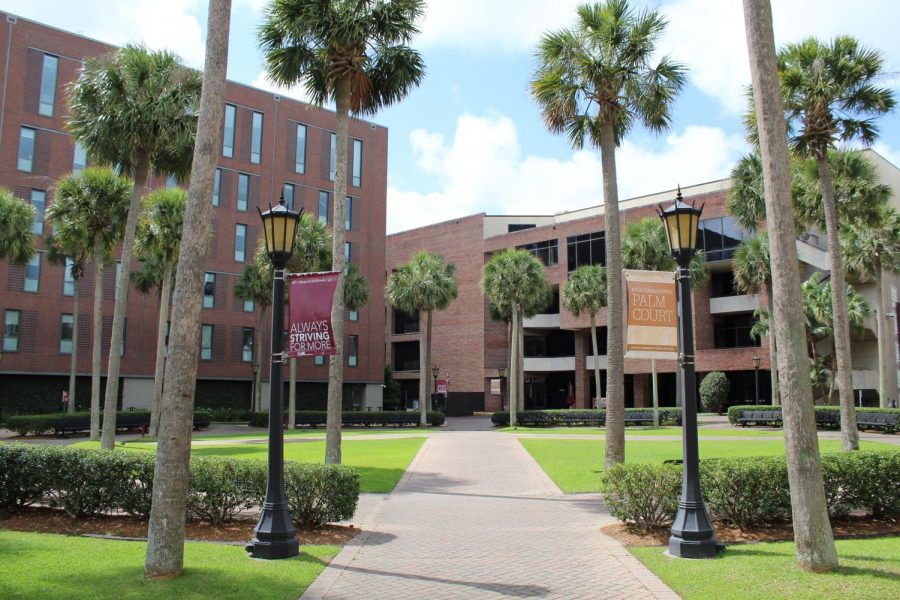
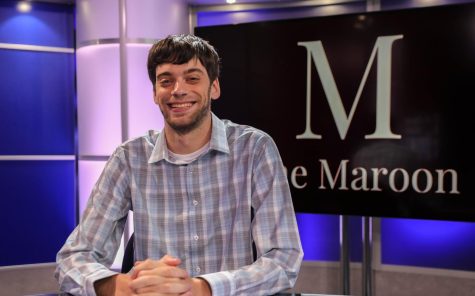





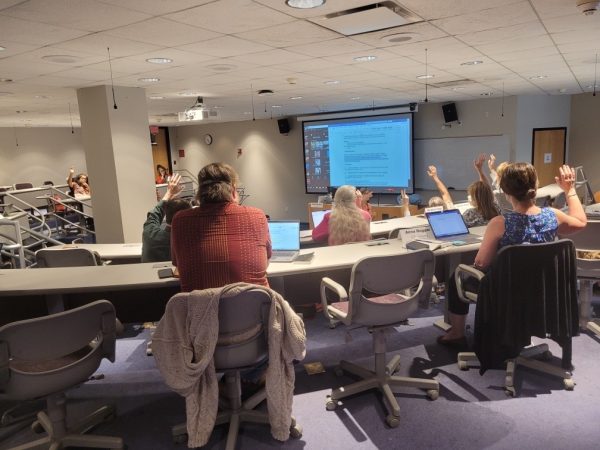
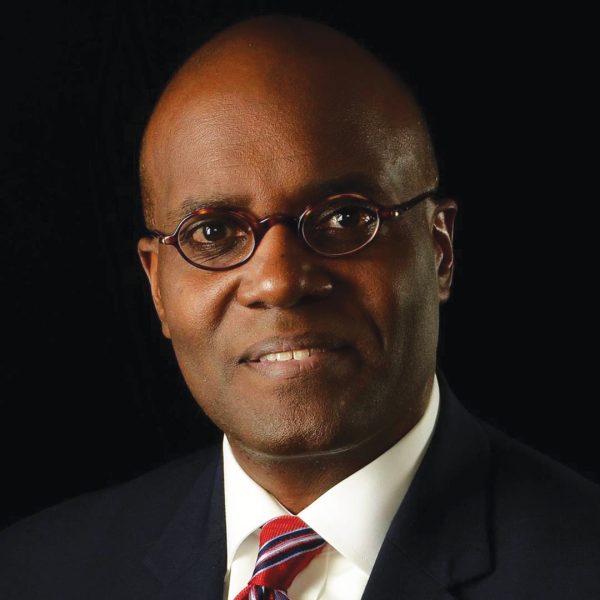
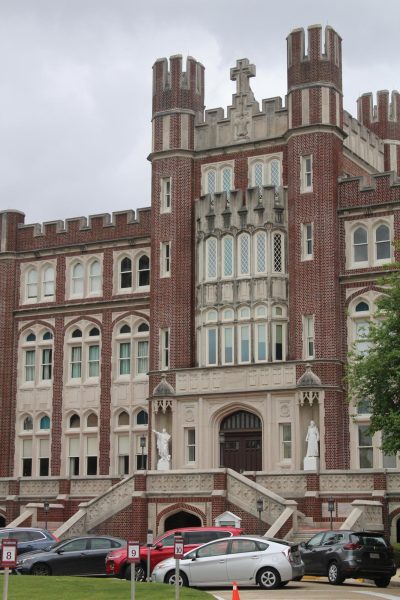
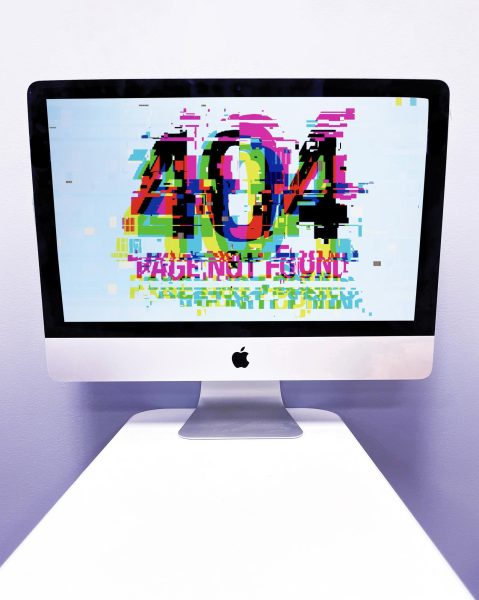
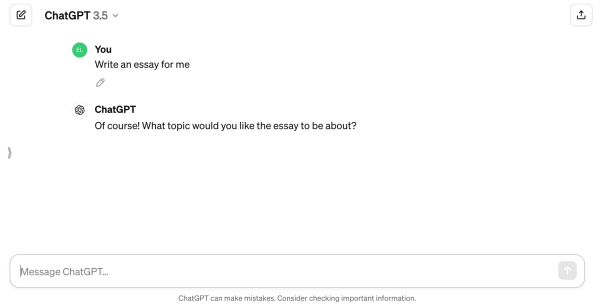
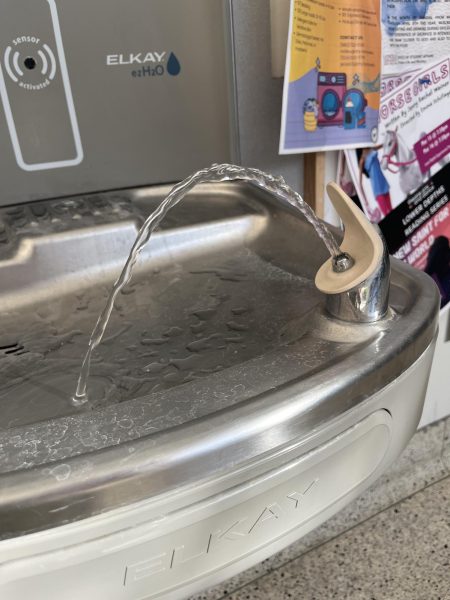


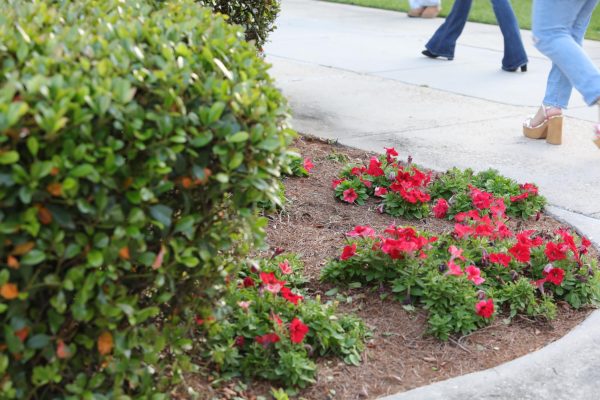
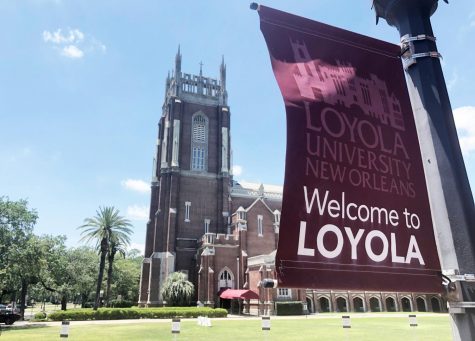
alum • Jul 1, 2020 at 6:18 pm
Loyola – DO BETTER. Fire professors who promote racism & sexism
alum • Jun 17, 2020 at 2:59 pm
Loyola, give your students the transparency they deserve. What exactly does Loyola do when they discover that professors have said or done hateful/racist/sexist/etc. things? How does the school discipline them?